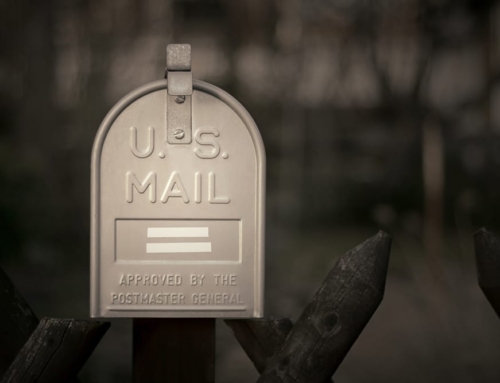Q: What is your opinion of an 80/15/5 fixed-rate mortgage? I have been told that the advantage is to not pay private mortgage insurance. What are the disadvantages?
A: I think an 80/15/5 (also known as a piggy-back loan) can be an excellent way for you to avoid paying private mortgage insurance.
The way you save money is by trading the cost of the PMI (which is non-deductible and could cost as much as 0.5 percent to 1 percent of the loan amount depending on your credit score) for home equity interest, which is deductible if you itemize on your federal income tax return.
A lender will create the piggy-back loan by arranging for an 80 percent first mortgage and, at the same time, a home equity loan to make up the difference between the first mortgage and the amount you have saved for your down payment.
Because your first loan is 80 percent of the sales price of the home, you don’t pay PMI. Given where interest rates are, you also save money because the interest on many home equity loans is quite a bit lower than what you’d pay for your PMI premiums. But even if interest rates were higher, odds are that the piggy-back loans would still be cheaper than using PMI.
What are the downsides to this arrangement? There are a couple of potholes you’ll want to watch out for.
First, you should think carefully before going with a variable or fixed interest rate on your home equity loan. Plenty of lenders will offer a 15-year fixed-rate home equity loan, but the variable rate is so low now, that’s its quite attractive. Just remember that a variable rate will rise over time and if you don’t pay down or pay off the loan, it could become uncomfortable financially for you.
The fix for this problem is easy: Prepay the home equity loan as quickly as possible and hopefully in a few years you can pay it off. If prices appreciate in your area, you could refinance your first and second mortgages into one loan that is 80 percent of the value of the home.
Second, if you’re going to use a piggy-back loan, make sure you work with a lender that handles this loan program frequently. I just heard from a home buyer who faced a catastrophe at closing.
His primary mortgage lender wanted the home equity loan to have a fixed interest rate rather than a variable rate. This issue wasn’t resolved and at the closing, the primary mortgage lender backed out of the deal. Fortunately, the home equity lender stepped in and offered the buyer a last-minute loan, and the deal was able to close the next day.
For further reading on piggy-back loans, check out my website, ThinkGlink.com, or go to BankRate.com.
Feb. 28, 2001.






Leave A Comment